 Weird Stuff
Weird Stuff  Weird Stuff
Weird Stuff  Animals
Animals 10 Inspiring Tales of Horses Being Human
 Mysteries
Mysteries Top 10 Haunting Facts About the Ghost Ship MV Alta
 History
History 10 Surprising Stories About the Texas Rangers
 Humans
Humans 10 Philosophers Who Were Driven Mad by Their Own Theories
 Miscellaneous
Miscellaneous 10 Video-Game-Worthy Weapons and Armors from History
 Weird Stuff
Weird Stuff 10 Psychics Who Accurately Predicted Wartime Events
 The Arts
The Arts 10 Pieces of Art Inspired by a Broken Heart
 Health
Health 10 Science Fiction-Sounding New Medical Treatments
 History
History 10 Surprising Facts About the Father of Submarine Warfare
 Weird Stuff
Weird Stuff 10 Times Real Laws Were Based on Bizarre Hypotheticals
 Animals
Animals 10 Inspiring Tales of Horses Being Human
 Mysteries
Mysteries Top 10 Haunting Facts About the Ghost Ship MV Alta
Who's Behind Listverse?

Jamie Frater
Head Editor
Jamie founded Listverse due to an insatiable desire to share fascinating, obscure, and bizarre facts. He has been a guest speaker on numerous national radio and television stations and is a five time published author.
More About Us History
History 10 Surprising Stories About the Texas Rangers
 Humans
Humans 10 Philosophers Who Were Driven Mad by Their Own Theories
 Miscellaneous
Miscellaneous 10 Video-Game-Worthy Weapons and Armors from History
 Weird Stuff
Weird Stuff 10 Psychics Who Accurately Predicted Wartime Events
 The Arts
The Arts 10 Pieces of Art Inspired by a Broken Heart
 Health
Health 10 Science Fiction-Sounding New Medical Treatments
 History
History 10 Surprising Facts About the Father of Submarine Warfare
10 Bizarre Ways The Moon Affects Life On Earth
The moon has been associated with a wide variety of superstitions across cultures, even if there’s nothing particularly noteworthy about it; far cooler satellites exist right in our solar system. From its use in the occult to dating advice on Instagram, many people believe it to be much more influential in our daily lives than it really is, even if study after study has proven that it’s really not.
Among all the chatter about lunar phases affecting your third dates and the moon being the literal devil, we forget about the real, bizarre effects it has on life on Earth. Many creatures – including us – respond to the lunar cycle in weird ways. While some of them are learned responses over millennia of evolution, we simply have no explanation for the others.
See Also: 10 Changes The Earth Would Suffer If It Had No Moon
10The Menstrual Cycle Mimics The Lunar Cycle
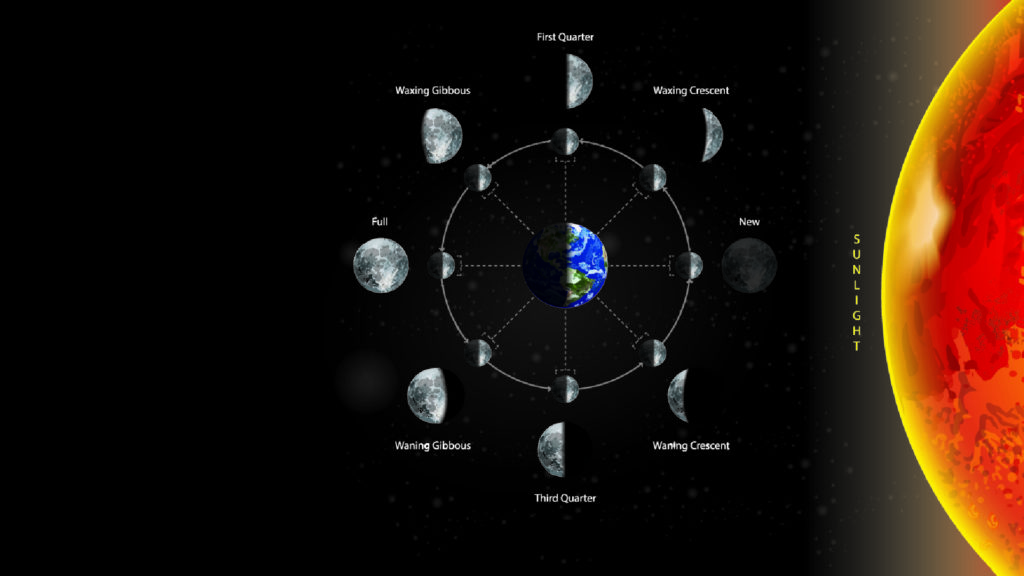
If you spend some time in the crazier parts of the Internet, you’d come to associate the moon with a lot of weird stuff. Of course, a lot of it isn’t based on any scientific evidence—much like most of the Internet – as the moon is nothing but a cold mass of rock in a perpetual orbit around our planet.
Some of those theories, though, may not have been as far-fetched as we thought, as science is gradually finding out. Take the one about the menstrual cycle being in tune with the lunar cycle, which has been a guiding belief for cults throughout history. It could be dismissed as medieval superstition, though there’s quite a bit of scientific evidence backing it. A few studies have found definitive links between the lunar and menstrual cycles. According to one, women also go through increased levels of hormones around the full moon.
While we’re not sure why that could be, we can refer to some experts guesses. Charles Darwin believed that the menstrual cycle – on average – coincides with the monthly moon cycle for a reason. It backed his then-nascent theory that we first came from the ocean, as this proves that we adjusted our reproductive clocks according to the lunar tides at some point. We’re no experts, but that makes sense to us, as the average span of the menstrual cycle does almost-perfectly coincide with the lunar cycle.
9 Lemur Sex
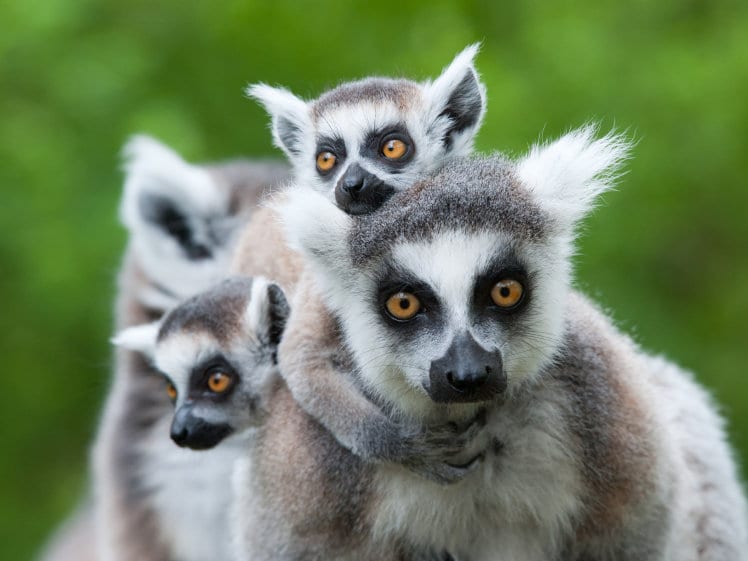
We can all agree that we’ve massively exaggerated moon’s influence on animals in the past, even if anecdotal evidence does suggest that wolves have a personal problem with it. While it’s true that scientifically speaking, the moon has little to do with most animals, though it does have some weird effects on a handful of them.
Lemurs, for example, have been found to be much more active during the full moon than usual, covering larger distances and generally being more out and about.
They’re so dependent on the moon that they essentially shut down on darker nights or lunar eclipses, though we can’t really explain why. One line of reasoning says that it’s because of the level of light available during the different phases of the lunar cycle. That could be true, though if so, why didn’t other diurnal animals evolve in a similar way?
8 Our Sleep Cycle
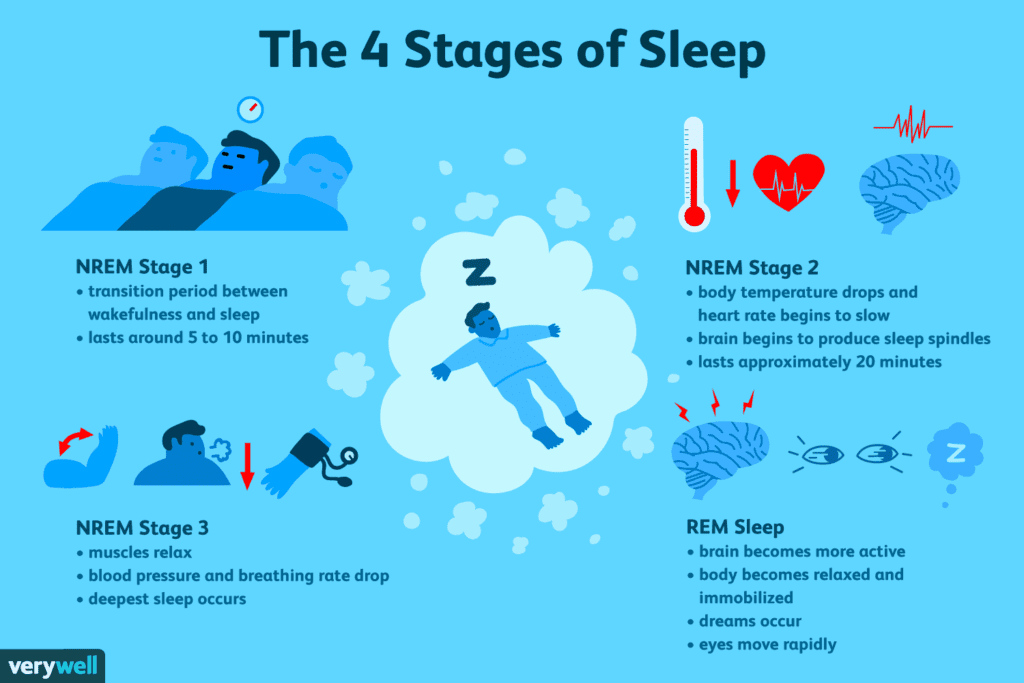
We all go through bouts of bad sleep every now and then. It could be caused by a variety of factors, like stress, weather, location of the house etc. While it’s almost always something you can detect and fix, sometimes, it’s caused by nothing. We can’t really answer for all cases of bad sleep here, but for anyone going through irregular sleeping patterns around specific times of the month, we’d suggest looking at the moon.
A researcher from the University of Basel found that there is some scientific basis to the long-time belief that the moon has something to do with our sleeping pattern. According to his research, people took five minutes longer to sleep during a full moon, and their sleep time also reduced by 20 minutes on average. Lower levels of melatonin were also reported during full moons, as well as reduced brain activity.
7 Crimes

The moon has always been associated with aggression and crimes, though we’ve never really understood why. Many independent and isolated cultures have described the moon as an omen of chaos that fills everyone with restlessness and rage, blaming their most primitive urges on a rock hanging in the sky.
While there was never any scientific proof to back this claim, some recent studies suggest that the moon may actually have some effect on our collective psyche. Or at least how we patrol our streets after dark, according to one study done by the Sussex police. They concluded that there is a definite rise in crimes during full moons, though admitted that they don’t understand why, as they’re cops and not psychologists. That’s not the only case, either; higher incidents of crime and violence on full moons have been reported around the world.
6 Crisis Calls

With the list of reasons to get worried growing by the day, it’s hard to keep track of what’s making you stressed. It’s a normal side effect of routine life, and isolating the root causes of is essential for day-to-day productivity and healthy relationships. Sometimes, though, there really is nothing you can do, as the reason you’re stressed is the damn moon.
According to a study based on the call records of a crisis center, there’s a disproportionate rise in the number of calls during new moons, suggesting that the moon maybe doing something to stress us out. Surprisingly, it was only true for women, as men actually made less calls during that time.
5 It Affects Lions’ Hunting Patterns

Not that we’d advise you to do anything of the sort, but if you ever find yourself lost in a lion’s natural habitat, there are few things you can do to stay alive. Other than misguidedly trying to fight it and making a run for it, you’re really out of options. It’s an even bigger problem—according to science at least – if it’s the day after a full moon.
As a study published in PloS ONE found, African lions are much more aggressive in the days after the full moon, as well as more likely to attack people. While it may seem like arbitrary behavior at first, it makes sense and goes with the lion’s hunting style. They don’t actually need a lot of light to hunt, and on top of that, a full moon makes it easier for the prey to sense danger and run away, resulting in reduced food output.
The days immediately after the full moon are prime lion hunting time, as they compensate – perhaps reflexively – by killing more prey and just generally being more menacing than usual.
4 Animal Bites
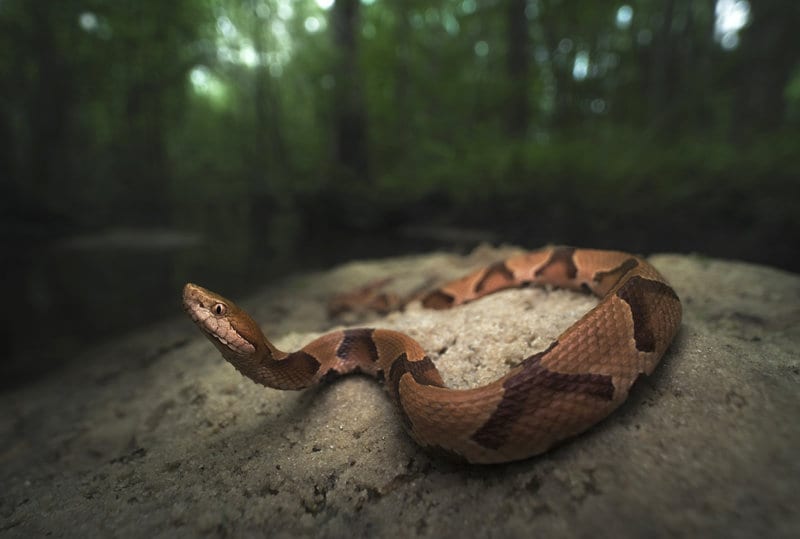
Animal bites are a side effect of co-existing with a diverse array of species. From birds to snakes to big cats, we’ve been bitten by almost every type of animal there is. While it may cause serious conditions in some cases, we realize that’s there’s nothing we can really do to stop it. Animals biting us all the time is as much a part of life on Earth as rain.
Weirdly enough, animal bites are apparently not as random as we thought, and may have some mysterious connection with the moon. One study found that cases of animal bites were significantly higher on the days of the full moon, though they don’t quite understand why. It wasn’t just one type of animal either, as they studied 1,621 cases of bites from a variety of animals, which means that it’s not a species-specific phenomenon.
3 Its Weird Effects On Plants
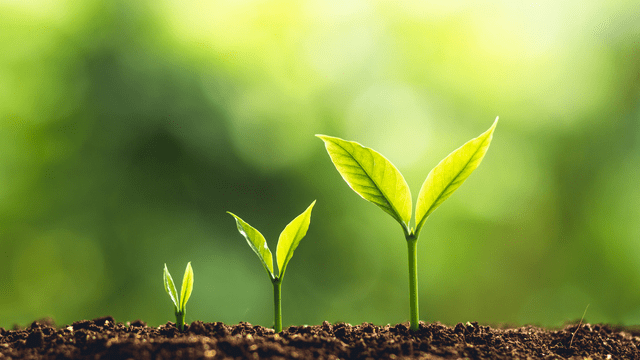
As we’re finding out, the moon has some wholly bizarre effects on animals and humans, though it’s not restricted to us. As growing research is finding out, it also has a significant impact on our chlorophyll-filled friends; the plants. Many studies have found relationships between the lunar cycle and the growth of plants, and we haven’t been able to explain all of them.
One study found that root growth in a specific plant from Africa, A. thaliana, is regulated by the lunar tides, as the growth was found to be thicker and faster at the highest phases of the tide. Previous studies have found that leaf movement in some plants may be related to the lunar tides, too.
2 It Makes Cats And Dogs More Prone To Injuries

As we discussed earlier, pets and other animals are more prone to biting during a full moon, for reasons that may not be fully known to us. If we talk about the most common animals around us, though – cats and dogs – their relationship with the moon has an added dimension; a full moon makes them more prone to injuries, too.
Published in the Journal of the American Veterinary Medical Association, the study found that the number of emergency room visits for cats and dogs was noticeably higher around the full moon. While it was something veterinarians have always suspected and anecdotally claimed, this was the first study to confirm it. We still don’t know why it happens, though.
1 The Moon’s Relationship With Bipolar Disorder
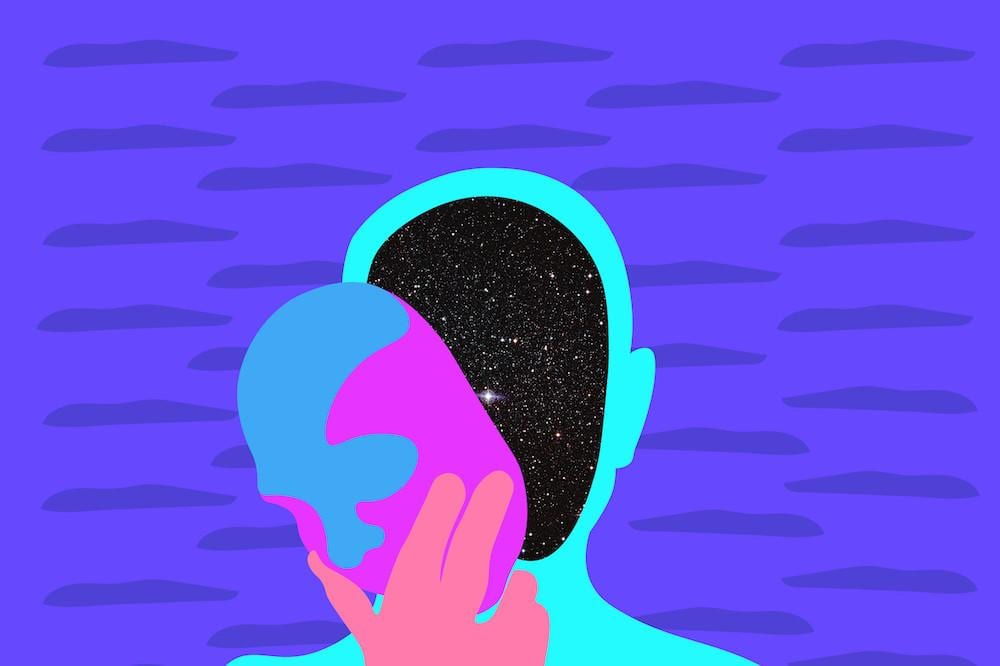
The moon has always been suspected to mess around with our mood and mental state. It may not have ever been proven by science, but people have claimed to be more depressed and anxious during the full moon for a long time. That may seem like superstition to most, though if one study is anything to go by, there may have been some truth to it.
Conducted by researchers at the University of Washington School of Medicine, Seattle, the study’s aim was to ascertain whether the lunar cycle has anything to do with the various mood spells among bipolar patients. To their surprise, they found a direct correlation between the cycles of the moon and the sleep and mood cycle of the subject. They perfectly – and mysteriously—coincided with each other, including, and especially, the phases of mania. It confirmed the findings of an earlier study done on the subject, which came up with more or less the same results.
For more lists like this, check out 10 Things We Have Blamed On The Moon, and 10 Of The Most Amazing And Crazy Claims About The Moon.








